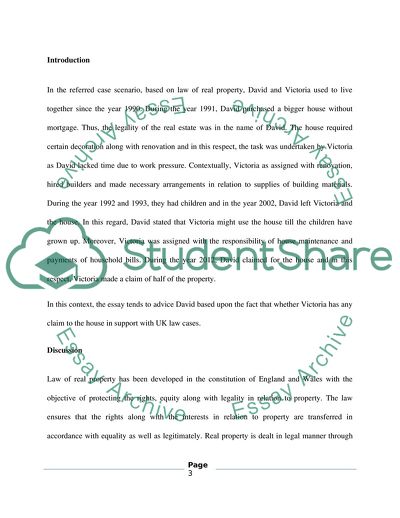Cite this document
(Equity and Trusts Case Study Example | Topics and Well Written Essays - 1500 words - 7, n.d.)
Equity and Trusts Case Study Example | Topics and Well Written Essays - 1500 words - 7. https://studentshare.org/law/1808261-equity-and-trusts
Equity and Trusts Case Study Example | Topics and Well Written Essays - 1500 words - 7. https://studentshare.org/law/1808261-equity-and-trusts
(Equity and Trusts Case Study Example | Topics and Well Written Essays - 1500 Words - 7)
Equity and Trusts Case Study Example | Topics and Well Written Essays - 1500 Words - 7. https://studentshare.org/law/1808261-equity-and-trusts.
Equity and Trusts Case Study Example | Topics and Well Written Essays - 1500 Words - 7. https://studentshare.org/law/1808261-equity-and-trusts.
“Equity and Trusts Case Study Example | Topics and Well Written Essays - 1500 Words - 7”. https://studentshare.org/law/1808261-equity-and-trusts.


